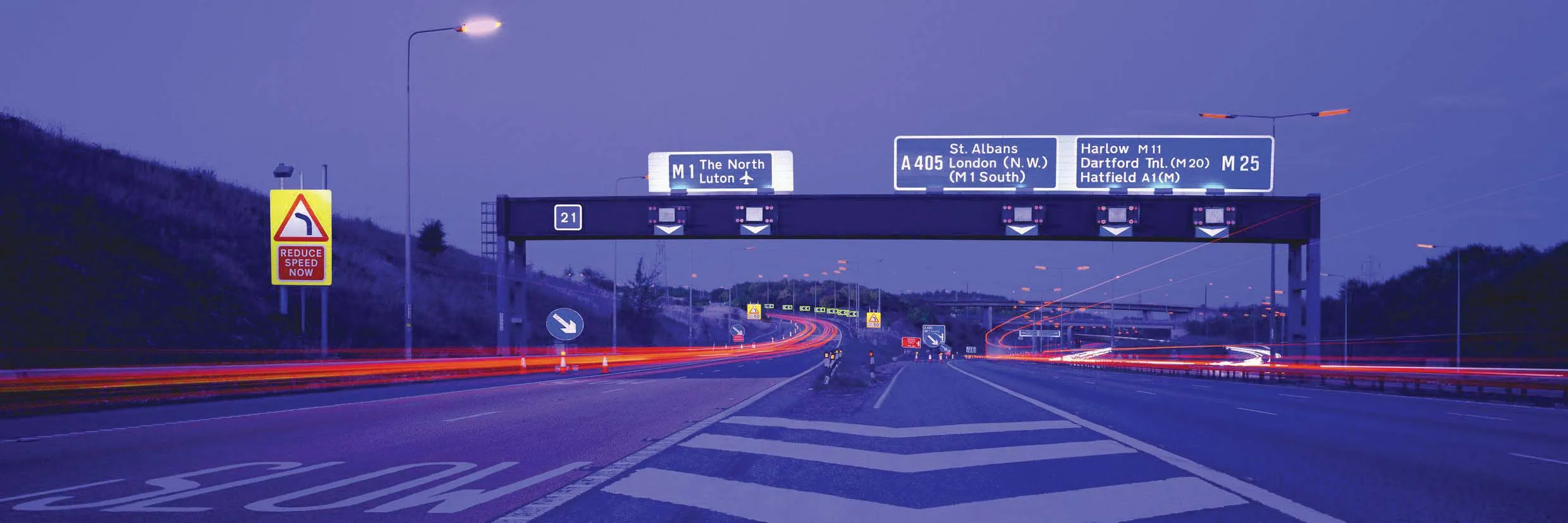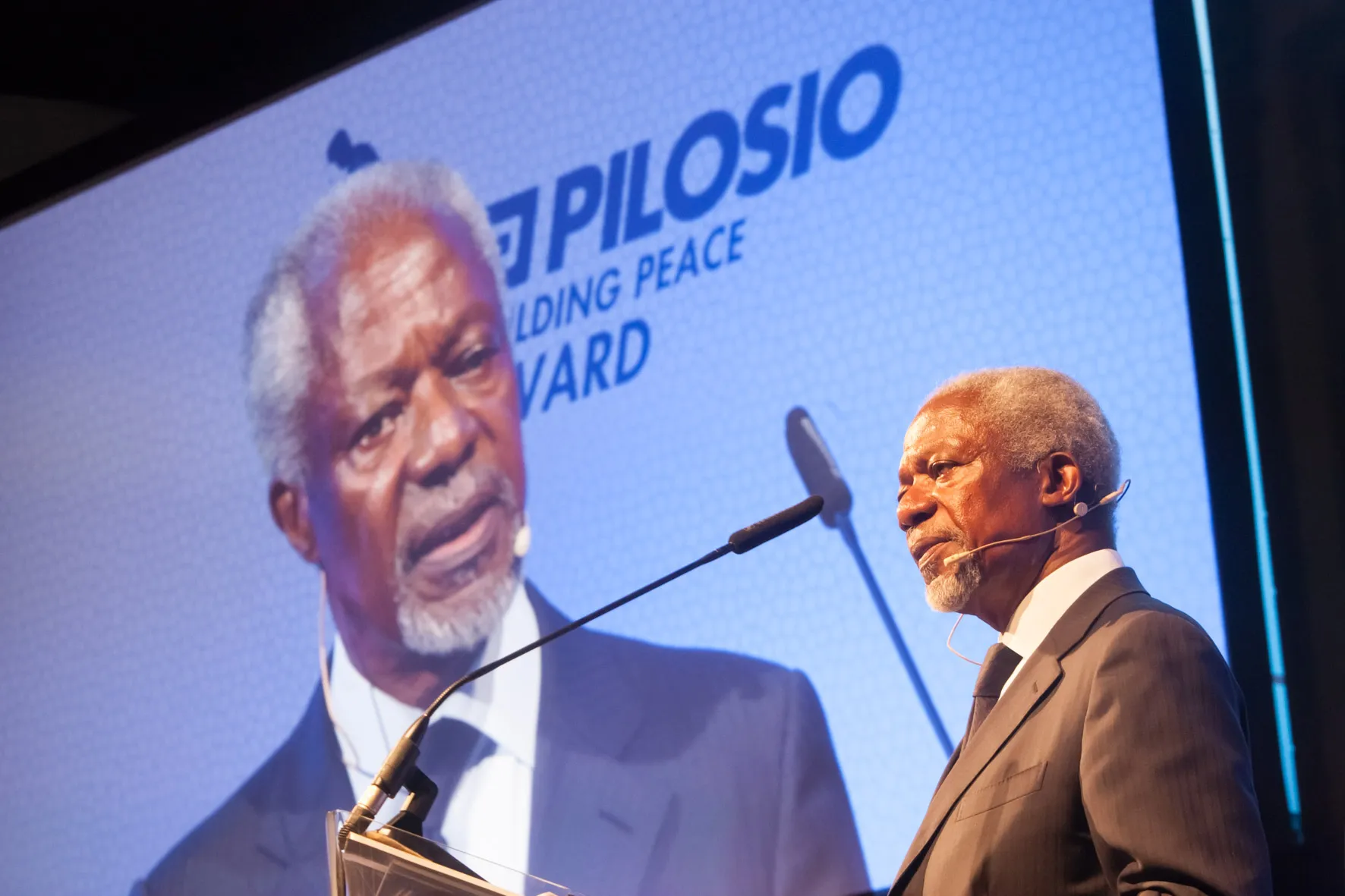Innovative new technologies being developed by Newcastle University in the UK could help make road use safer for older drivers. This new technology is intended to aid older drivers in staying on the road and retaining their independence. Some older drivers give up, concerned that their reaction times have slowed, but this leads to a social cost with the elderly becoming more isolated. As a possible solution to the problem, the Intelligent Transport team at Newcastle University has developed a navigation sys
April 23, 2012
Read time: 2 mins
Innovative new technologies being developed by 5161 Newcastle University in the UK could help make road use safer for older drivers. This new technology is intended to aid older drivers in staying on the road and retaining their independence. Some older drivers give up, concerned that their reaction times have slowed, but this leads to a social cost with the elderly becoming more isolated.
As a possible solution to the problem, the Intelligent Transport team at Newcastle University has developed a navigation system that suggests the safest route to a destination, which can be pre-set so as to avoid right hand turns for instance. The researchers have converted an electric car and installed navigation tools, night vision systems and intelligent speed adaptations.
The technology onboard can monitor concentration, stress levels and driving habits using glasses that can track eye movement, while monitors assess key stress points for older drivers.
Further developments to the technology package could include displaying information on the windscreen rather than the dashboard, so that drivers would not be required to look away from the road. The package could also include systems to provide warnings should the vehicle move out of its lane. Car manufactures are showing interest in the technology and the research team believe it could be ready for market within 5-10 years.
As a possible solution to the problem, the Intelligent Transport team at Newcastle University has developed a navigation system that suggests the safest route to a destination, which can be pre-set so as to avoid right hand turns for instance. The researchers have converted an electric car and installed navigation tools, night vision systems and intelligent speed adaptations.
The technology onboard can monitor concentration, stress levels and driving habits using glasses that can track eye movement, while monitors assess key stress points for older drivers.
Further developments to the technology package could include displaying information on the windscreen rather than the dashboard, so that drivers would not be required to look away from the road. The package could also include systems to provide warnings should the vehicle move out of its lane. Car manufactures are showing interest in the technology and the research team believe it could be ready for market within 5-10 years.








